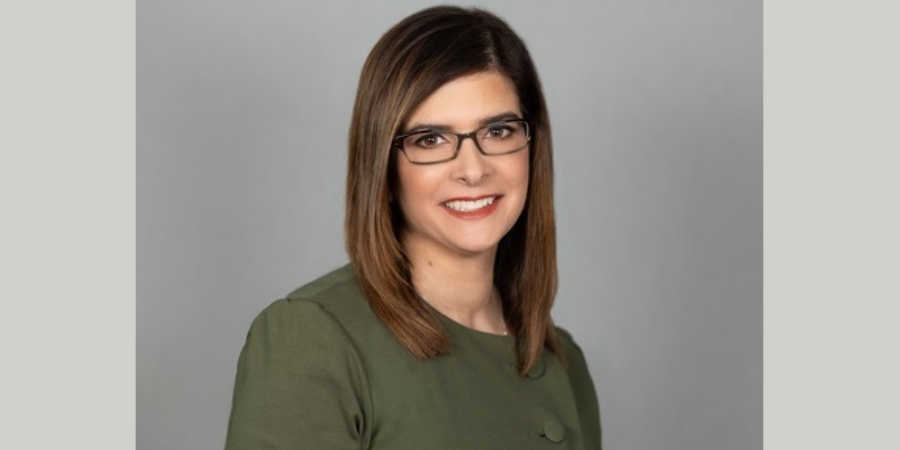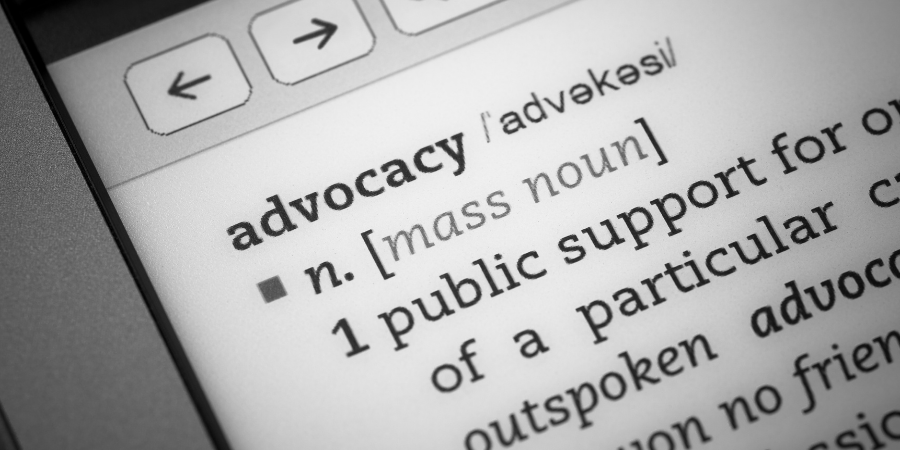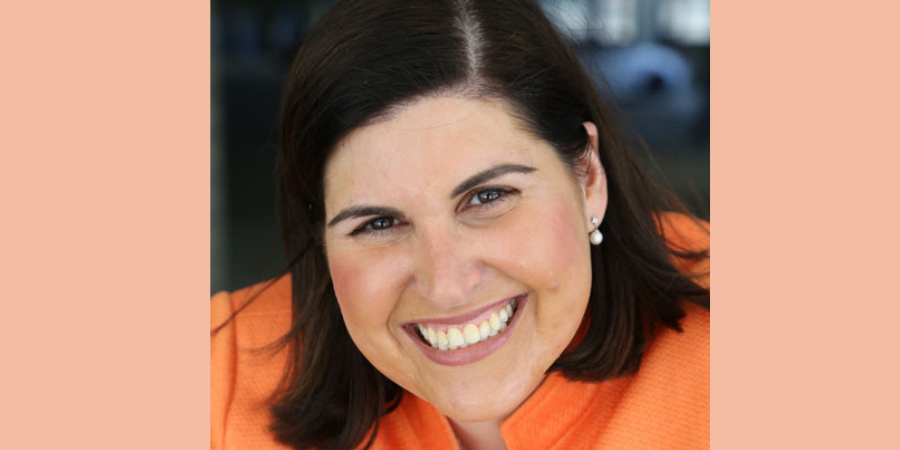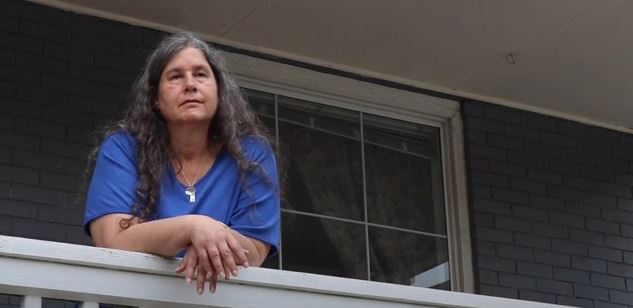Thirty-one years ago, the Americans with Disabilities Act was passed in order prohibit discrimination against people with disabilities. The law addressed the exclusion of people with disabilities in many areas – employment, transportation, etc. – but it did not address inclusion, particularly in faith communities. There is still much work to be done before all members of our society can actively participate in the religious community of their choice.
Awareness of the need for disability inclusion within Judaism has grown in the past two decades. National events like Jewish Disability Awareness, Acceptance, and Inclusion Month, which has existed since 2009, and the creation of national organizations like RespectAbility, which works to provide inclusion resources to religious communities and many other walks of life, have helped to highlight the issues.
Within the Pittsburgh Jewish community, Temple Sinai was the first congregation to form a committee that focuses on disability inclusion. Lisa Lederer, a member of Temple Sinai and disability advocate, approached Mara Kaplan, another congregation member and disability advocate who has a son with a disability, and asked her to share the responsibility of creating and co-chairing a disability task force. Mara recalls Lisa asking, “Temple Sinai is really committed to social justice, but if we don’t clean up our own house how can we be really going out and doing work beyond our synagogue walls?” Thus, in 2015, the disAbilities Task Force at Temple Sinai was established, to help create an accessible and inclusive environment for all members of the Temple Sinai community.
Since its establishment, the disAbilities Task Force has addressed both accessibility and inclusion at Temple Sinai, which Kaplan notes, are not the same thing. “Accessibility means you can get in the building, you can get up on the bema, and you can open the doors to the bathroom. That is necessary to reach inclusion, but just doing those things doesn’t get you to inclusion. People are starting to call their inclusion committees, non-segregation committees. That’s what we’re really doing here. We’re not segregating anybody out of Judaism because we couldn’t give them what they needed to be able to participate in the place where they wanted to participate.”
The Task Force started by conducting a physical and social audit of the building and programming to identify areas changes could be made to increase accessibility. They found that there was already a ramp to reach the bema, there were elevators in the building, an entrance without stairs, and an accessible bathroom. However, the garden that holds the Sukkah during the festival of Sukkot could only be reached using stairs, potentially preventing some congregants from participating. The disAbilities Task Force raised funds for a garden ramp and temporarily moved the Sukkah to an accessible location during the construction.
After beginning to address accessibility, the Task Force created a strategic plan to promote inclusion. Kaplan said that one of the most important components of the plan was “getting people comfortable with seeing people with disabilities [and being] around people with mental health issues.” To further that goal, the disAbilities Task Force started organizing events that would facilitate conversation and help people with disabilities tell their stories. One program taught people with mental health diagnoses to perform standup comedy routines for a community-wide event. Another program focused on question and answer sessions via Zoom, between people with and without mental health diagnoses. “Stories are a very strong way to change people’s opinions,” Kaplan remarked.

More recently, the disAbilities Task Force helped Temple Sinai overcome challenges that occurred due to the pandemic. As public gatherings turned to virtual platforms, the work of the Task Force was essential. It ensured that everyone who wanted to participate had the technological ability and equipment to attend virtual services – especially during the High Holidays. The Task Force sent a survey to members of the congregation and then dispatched volunteers to help congregants who wanted assistance to prepare for online holidays services. The Task Force offered online sensory support, with interactive activities and an hour long High Holiday playlist to provide a break from Zoom while remaining in the holiday mindset.
As a result of the pandemic, the Task Force has had the opportunity to focus on the ways technology can be used to promote inclusion. “We are going to look at our entire building where programming and services take place to determine what kind of technology, if any, is needed,” said Kaplan. This could include evaluating the Synagogue’s internet connection, updating the technology that is compatible with telecoil hearing aids, and continuing to use zoom as a resource for congregants who cannot attend services in-person. For those who do attend High Holidays services in-person, the Task Force has sign language interpreters for certain services, magnifying glasses, large print prayer books, fidget toys, valet parking, and a quiet room set aside to take breaks from services.
While it is encouraging to see the work Temple Sinai has done to promote inclusion and accessibility within the Jewish community, there is more work that needs to be done, both inside and outside of synagogue walls. “Be aware as a community member. Make [people with disabilities] feel like they are a part of you instead of apart from you,” said Kaplan. She recommends community members promote inclusion by doing small things such as sharing rides, extending invitations to religious celebrations, providing food for people with dietary restrictions, and most importantly, listening to other people’s needs.
 Kaplan has experienced the benefit of strengthened inclusion at Temple Sinai first-hand. “I have tons of people always coming up to me saying, ‘We love when you bring Samuel to services. He just loves the music and it’s so fun to see him engaged,’” said Kaplan referring to her son who has a disability. “Well, that’s come a long way from a time where people weren’t so sure Samuel should be in the service because he made noises, and we’d have to take him out. Now, there’s an expectation that he should be there and if he makes noises, so what?”
Kaplan has experienced the benefit of strengthened inclusion at Temple Sinai first-hand. “I have tons of people always coming up to me saying, ‘We love when you bring Samuel to services. He just loves the music and it’s so fun to see him engaged,’” said Kaplan referring to her son who has a disability. “Well, that’s come a long way from a time where people weren’t so sure Samuel should be in the service because he made noises, and we’d have to take him out. Now, there’s an expectation that he should be there and if he makes noises, so what?”
To learn more about Temple Sinai’s Inclusion Task Force, contact Mara Kaplan at maratkaplan@gmail.com or Lisa Lederer at lisaglederer@gmail.com. If you and/or your congregation are looking for ways to be more inclusive during the High Holidays, click here to view RespectAbilities High Holiday Inclusion Tool Kit.
<-- Click Here to Return to the ConnectAbility Homepage











 Kaplan has experienced the benefit of strengthened inclusion at Temple Sinai first-hand. “I have tons of people always coming up to me saying, ‘We love when you bring Samuel to services. He just loves the music and it’s so fun to see him engaged,’” said Kaplan referring to her son who has a disability. “Well, that’s come a long way from a time where people weren’t so sure Samuel should be in the service because he made noises, and we’d have to take him out. Now, there’s an expectation that he should be there and if he makes noises, so what?”
Kaplan has experienced the benefit of strengthened inclusion at Temple Sinai first-hand. “I have tons of people always coming up to me saying, ‘We love when you bring Samuel to services. He just loves the music and it’s so fun to see him engaged,’” said Kaplan referring to her son who has a disability. “Well, that’s come a long way from a time where people weren’t so sure Samuel should be in the service because he made noises, and we’d have to take him out. Now, there’s an expectation that he should be there and if he makes noises, so what?”